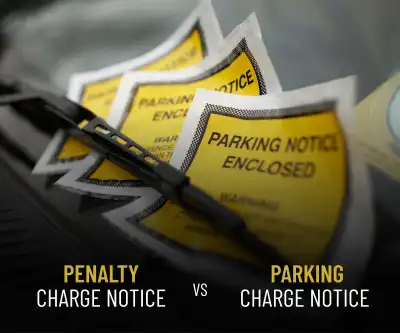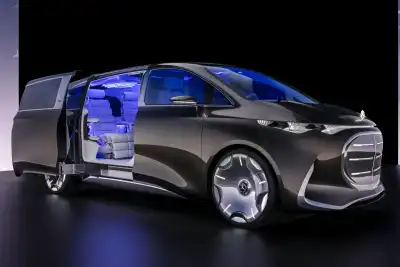
Most new EVs now exceed the £40,000 threshold, triggering an extra £2,125 in tax over six years.
Vauxhall has reduced the price of its top-spec Astra Sports Tourer and Grandland electric models to keep them under £40,000. This move ensures that all Vauxhall EVs—except the Vivaro Life Electric—avoid an upcoming tax change that would have cost owners an extra £2,125 over six years.
From April 1, 2025, electric vehicle (EV) owners will start paying Vehicle Excise Duty (VED) for the first time. The standard rate will be £195 per year, the same as for petrol and diesel cars registered after that date.
However, EVs with a list price above £40,000—this includes optional extras like upgraded paint—will also be subject to the Expensive Car Supplement (ECS). This adds an extra £425 per year for five years, starting from the second year of ownership.
The Cost of the ECS
A car under £40,000 will cost £1,170 in VED over six years.
A car over £40,000 will cost £3,295, an extra £2,125 in tax.
Industry analysts argue the £40,000 threshold—set in 2017—is outdated. Adjusted for inflation, it would now be around £52,000. In fact, data from Jato Dynamics shows the current average price of an EV is £48,000, meaning most new EVs now exceed the limit.
Mike Hawes, chief executive of the Society of Motor Manufacturers and Traders (SMMT), said:
“The £40,000 threshold has remained unchanged since 2017, when the market was 30% larger, and EVs were barely a factor. It no longer reflects what qualifies as an ‘expensive’ car today.”
Eurig Druce, acting managing director of Vauxhall, added:
“This new tax is penalising buyers of what were previously seen as affordable EVs, just as the government is pushing for widespread EV adoption. We urge policymakers to reconsider.”




